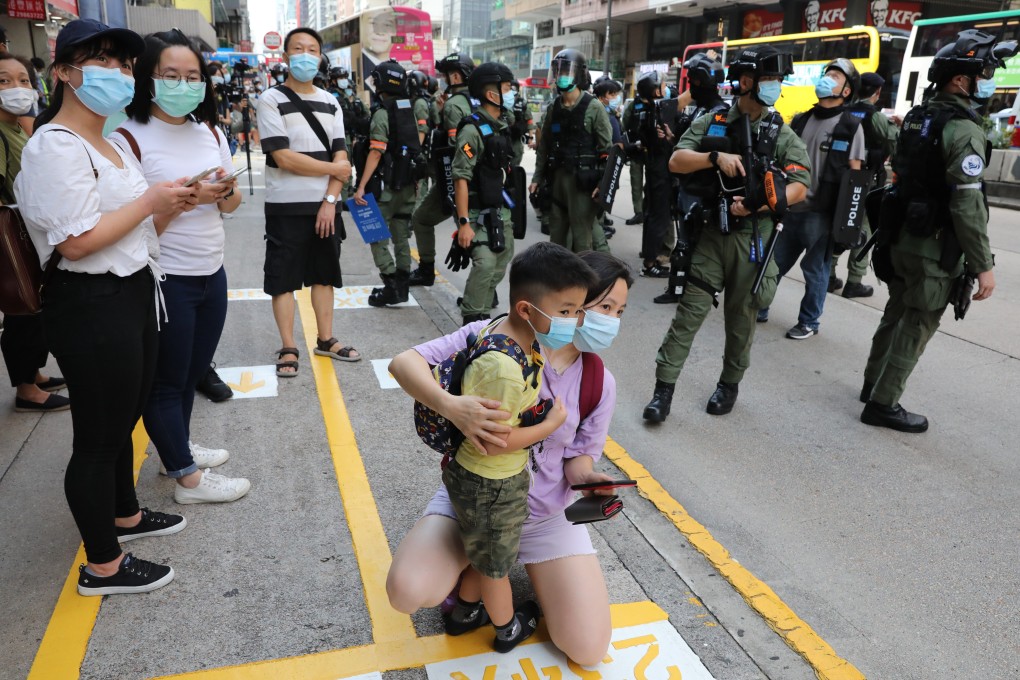Advertisement
Letters | Is Hong Kong running out of time to talk about ‘red lines’?
- Since the national security law was introduced, many Hongkongers feel freedoms shrinking with the setting of ‘red lines’. How long before the right to discuss social issues crosses the line?
Reading Time:2 minutes
Why you can trust SCMP
0

As the only city in China to advocate the separation of powers, Hong Kong long attracted many foreign companies to invest and develop their businesses in the city with the protection of its legislative and judicial systems.
But everything seems to have changed after Beijing promulgated the Hong Kong national security law late on June 30. The law aims to prevent, stop and punish secession, subversion of state power, terrorism and foreign interference. Pro-democracy politicians and critics warned that it could be used to suppress dissent and erode freedom in the city, but their concerns were brushed aside by the Hong Kong government.
As we all know, these concerns have materialised in Hong Kong.

03:40
Hong Kong security law prompts ‘yellow’ cafe to clear opposition Post-it notes from Lennon wall
Hong Kong security law prompts ‘yellow’ cafe to clear opposition Post-it notes from Lennon wall
Since the legislation of the national security law, many protesters and other citizens have been arrested, and police action has become more aggressive as the coverage of the law is too broad, which means that nearly all anti-government protests are now illegal.
This raises concerns over abuse of power by the police and leads to low credibility for Hong Kong’s law enforcement. Moreover, it harms the freedom of speech and protests in Hong Kong, and directly affects human rights.
Society has been shocked by the recent ban imposed on a primary schoolteacher after being accused of promoting Hong Kong independence in life education classes last year. Yet, the video and material shared did not necessarily do this; the worksheet merely asked why people may support independence while the video aimed to explain the current situation of Hong Kong to familiarise students with the city’s basic freedoms. The lesson was to help students understand the concept of freedom of speech and develop critical thinking skills.
But the Education Bureau chose to strip the teacher of his registration without a clear and credible explanation, and warned other teachers suspected of such acts. Teachers will thus become more reluctant to speak out, and this is a loss of freedom for education in Hong Kong.
Advertisement
Select Voice
Choose your listening speed
Get through articles 2x faster
1.25x
250 WPM
Slow
Average
Fast
1.25x